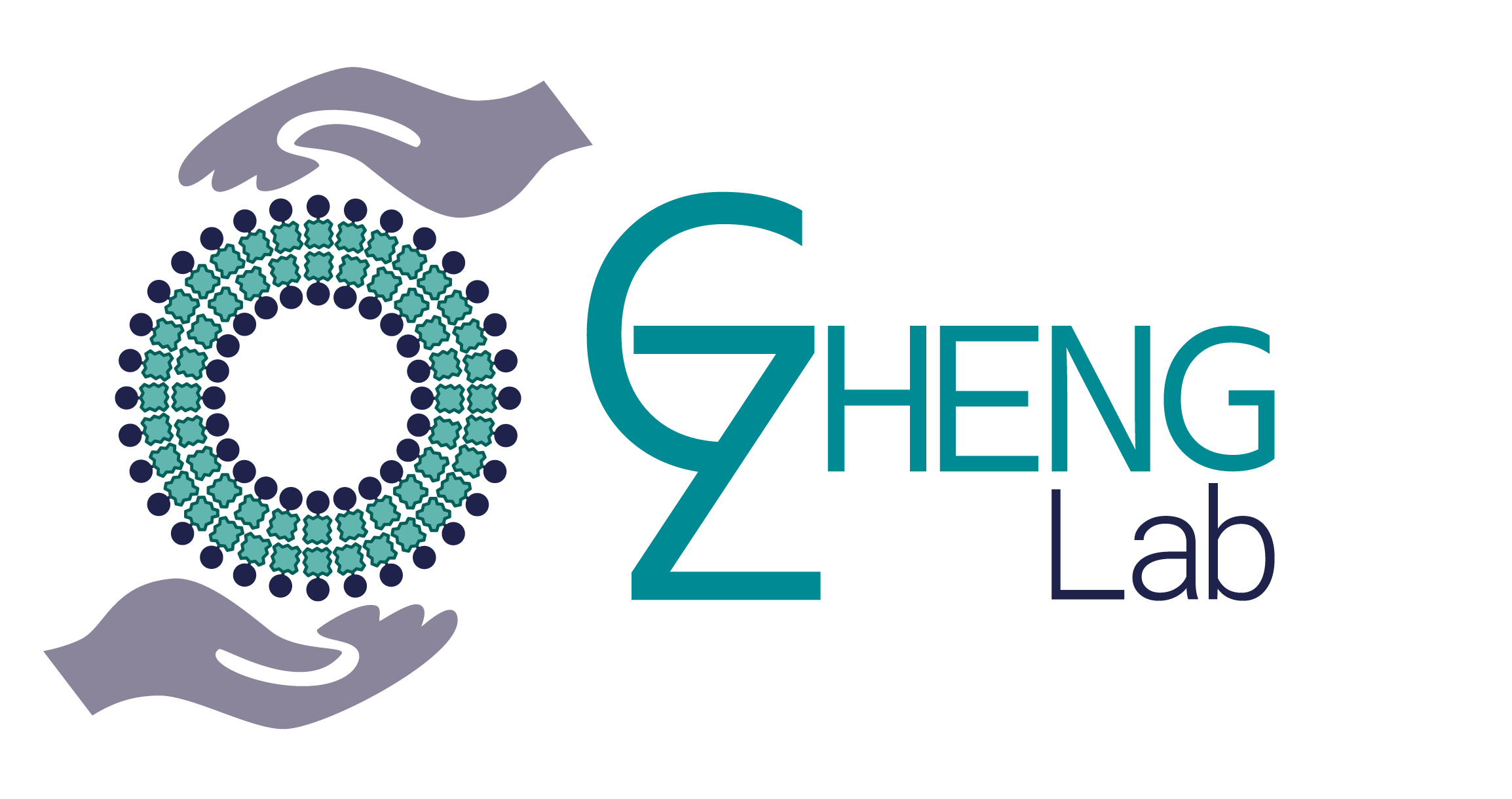Overchuk M & Zheng G
Biomaterials, 2017
DOI: 10.1016/j.biomaterials.2017.10.024
Despite rapid advancements in the field of nanotechnology, there is mounting frustration in the scientific community regarding the translational impact of nanomedicine. Modest therapeutic performance of FDA-approved nanomedicines combined with multiple disappointing clinical trials (such as phase III HEAT trial) have raised questions about the future of nanomedicine. Encouraging breakthroughs, however, have been made in the last few years towards the development of new classes of nanoparticles that can respond to tumor microenvironmental conditions and successfully deliver therapeutic agents to cancer cells. Concurrently, a great deal of effort has also been devoted to alter various parameters of tumor pathophysiology to pre-treat tumors before nanoparticles are administered. Such ‘priming’ treatments improve access of the systemically administered agents to the tumor and promote drug penetration into the deeper layers of tumor tissue. This review will highlight recent advances in cancer nanomedicine exploiting both nanoparticle design and tumor microenvironment modification; and provide a critical perspective on the future development of nanomedicine delivery in oncology.

Comments are closed, but trackbacks and pingbacks are open.